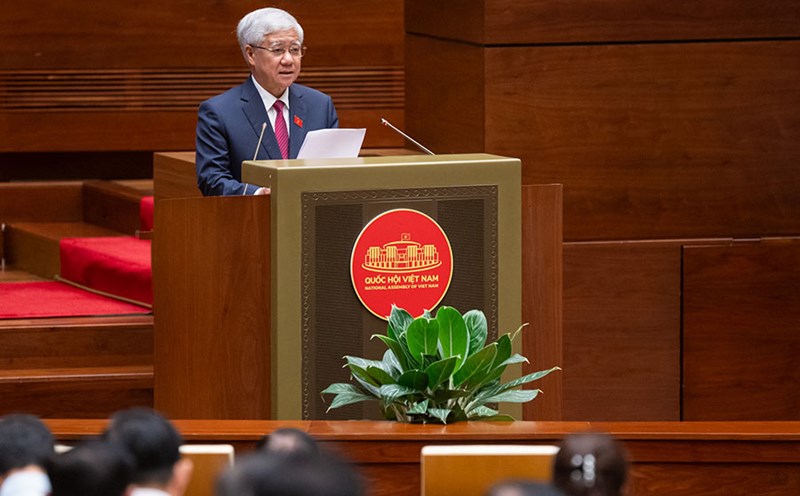CNN quoted many US officials who have access to new intelligence reviews as saying that Iran's nuclear facilities are facing the risk of being attacked by Israel.
Although the Israeli leadership has not made a final decision, recent communications were blocked, suggesting that the attack plan is being proactively prepared.
According to CNN, US intelligence also recorded notable Israeli military activities, including moving air weapons and completing air drills, showing the possibility of an imminent airstrike.
Some US officials said the moves could be just a strategic signal to put pressure on Iran as negotiations with Washington continue.
However, a source quoted by CNN warned that the likelihood of airstrikes will be higher if the deal Mr Trump is pursuing does not force Iran to remove all the uranium it has enriched.
President Donald Trump withdrew the US from the UN-backed nuclear deal in 2015 during his first term, accusing Tehran of violating secrecy and reimposing sanctions. In response, Iran tightened its commitment to the deal and accelerated uranium enrichment.
Returning to the White House, Mr. Trump continued to put pressure on Tehran to reach a new deal, even threatening to attack Iran if he did not achieve the desired results.
Iran and Israel have carried out back-to-back attacks in April and October 2024, marking a serious escalation of regional tensions.
According to the New York Times, Israel had proposed a large-scale airstrike campaign to destroy Iran's nuclear facilities earlier this year, but Trump refused to back it and chose a diplomatic solution. Israel then switched to a limited attack with a request for minimal support from the US, according to Reuters.
Despite the increased tensions, the US and Iran have still held a number of negotiation rounds in Oman in recent months. These dialogues are considered by both sides to be "constructive". However, Mr. Trump's Middle East special envoy, Steve Witkoff, affirmed that Washington has a "very clear red line": not accepting any level of uranium enrichment, even just 1%.
Currently, Iran is enriching uranium at a refinement level of 60%, much higher than the 3.67% limit in the previous agreement and nearly 90% needed to make nuclear weapons. Although the US and Israel have long warned that Iran is only a few weeks away from achieving bomb making capabilities, Tehran has always affirmed that its nuclear program is for peaceful purposes.
Iranian Foreign Minister Abbas Araghchi has rejected the US's request for the complete dismantling of the nuclear facility, calling it "unrealistic" and saying Iran will continue to enrich uranium regardless of the deal. He also said that some statements from the US side are completely away from the reality of the negotiation process.











